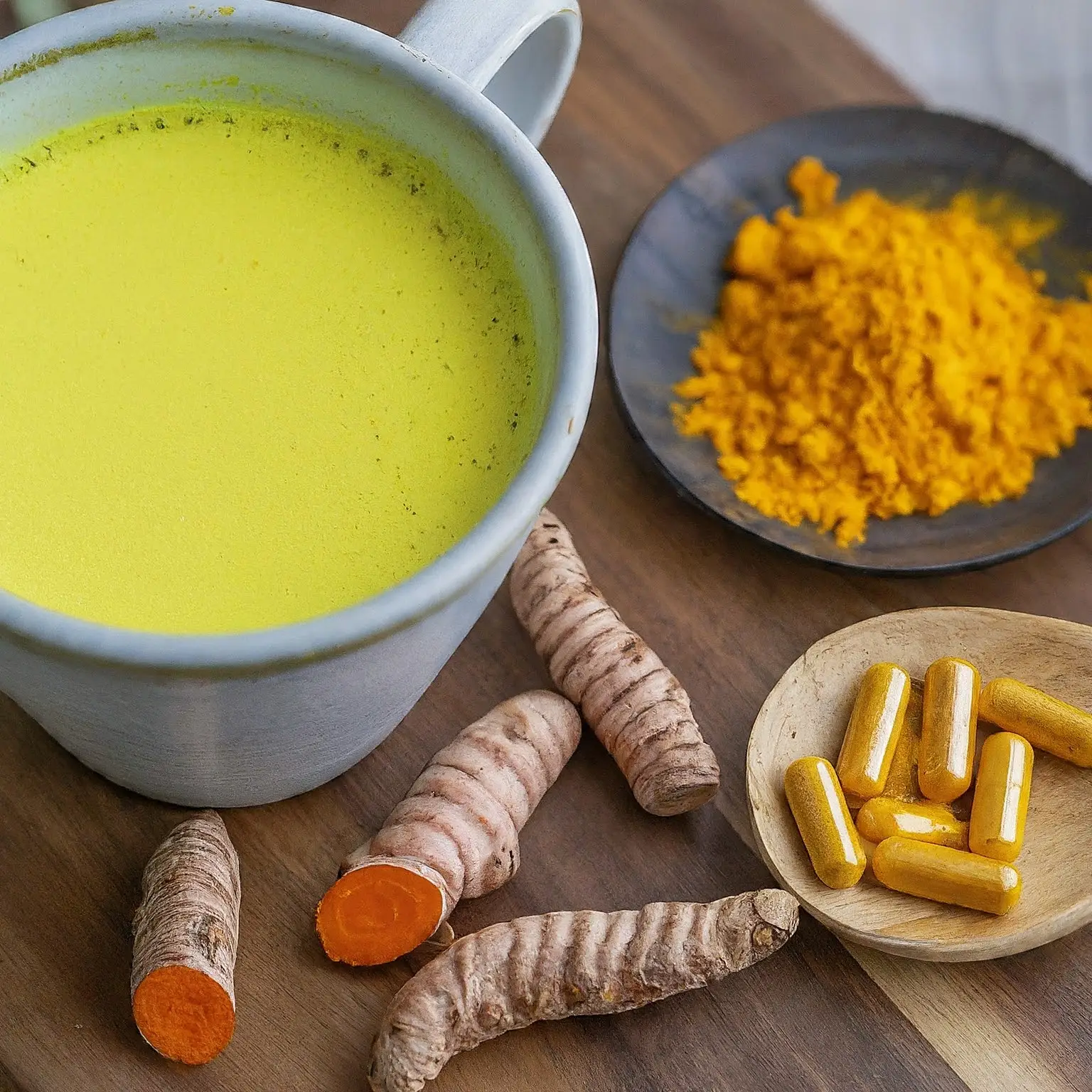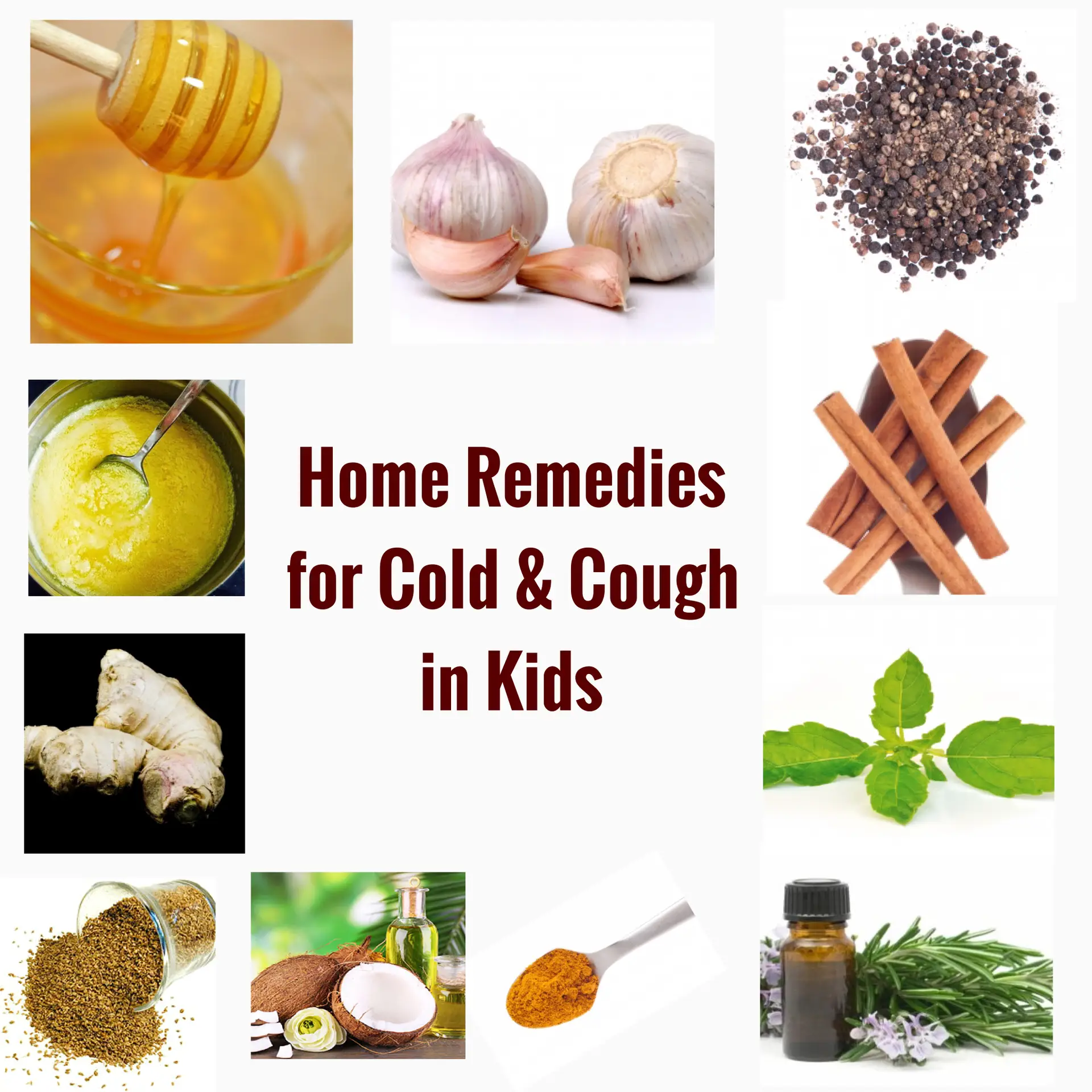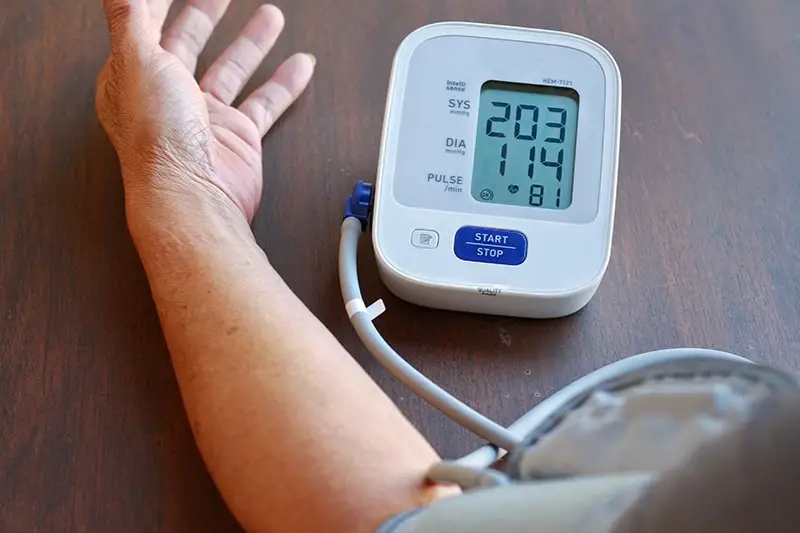Stomach Gas Relief:Quick Remedies:Experiencing gas in the stomach can be uncomfortable and even painful at times. Fortunately, there are several home remedies that can help alleviate gas instantly and promote better digestion. In this blog, we will explore some simple and natural solutions to relieve gas quickly.
Drink Plenty of Fluids: Staying hydrated with water, herbal teas, and clear soups can help maintain proper digestion. Avoid carbonated drinks, as they can contribute to gas buildup in the stomach.
Eat Smaller Meals: Consuming smaller portions allows your stomach to digest food more efficiently, helping to minimize the accumulation of gas.
Avoid Gas-Causing Foods: Certain foods like beans, cabbage, and fried items are known to trigger gas, so it’s best to limit or avoid them.
Exercise Regularly: Physical activity helps to move gas through the digestive system and can also lower stress levels, which can contribute to gas pain.
Stomach Gas Relief:Ginger Tea: A Soothing Remedy
Ginger has been used for centuries to treat digestive issues, including gas. It contains compounds that help relax the muscles of the gastrointestinal tract, reducing bloating and discomfort. To make ginger tea:
- Boil a few slices of fresh ginger in water for 5–10 minutes.
- Strain and drink the tea while it’s warm.
- You can add honey for added flavor and benefits.
Drinking ginger tea after meals can prevent gas from forming, making it a perfect remedy for quick relief.
Stomach Gas Relief:Calming Gas Pain
Peppermint is another excellent natural remedy for gas. It helps relax the digestive tract and reduces bloating. You can either chew fresh peppermint leaves or brew a cup of peppermint tea by steeping the leaves in hot water for 10 minutes. This tea works wonders in reducing gas pain and discomfort, especially after heavy meals.
Stomach Gas Relief: A Traditional Digestive Aid
Fennel seeds are a well-known remedy in Ayurveda for relieving gas and indigestion. The compounds in fennel help in expelling trapped gas from the stomach and promoting digestion. Chew on a teaspoon of fennel seeds after meals, or boil them in water to make fennel tea. This quick and effective remedy helps prevent bloating and offers relief from gas within minutes.
Stomach Gas Relief:Baking Soda and Lemon: An Instant Gas Reliever
For instant gas relief, a mixture of baking soda and lemon juice can do wonders. The combination of these two ingredients helps neutralize stomach acids, breaking down gas bubbles in the stomach and intestines.
- Mix the juice of half a lemon with a teaspoon of baking soda in a glass of water.
- Stir and drink the solution slowly.
This remedy works fast and provides immediate relief from gas and bloating.
Stomach Gas Relief:Warm Water: A Simple Solution
Drinking a glass of warm water can stimulate digestion and help move gas through the digestive tract. This is one of the simplest remedies to get rid of gas instantly. Drinking warm water throughout the day also prevents gas formation.
Stomach Gas Relief:Apple Cider Vinegar: A Digestive Booster
Apple cider vinegar is another effective solution to relieve stomach gas. The acidity in apple cider vinegar helps stimulate digestion, which can prevent gas buildup. Add a tablespoon of apple cider vinegar to a glass of warm water and drink it before meals to promote better digestion and reduce gas.
Conclusion
Gas can be an uncomfortable and embarrassing issue, but with these simple and natural remedies, you can alleviate it instantly at home. From ginger tea to fennel seeds and even apple cider vinegar, these solutions are not only effective but also easy to incorporate into your daily routine. Remember to drink plenty of warm water, eat slowly, and avoid foods that trigger gas to prevent future discomfort.
By incorporating these home remedies, you can manage stomach gas naturally and quickly, improving your digestive health in the long run.







